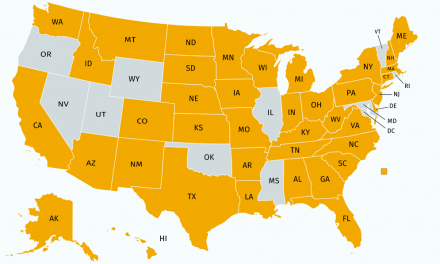We know it can be overwhelming to email your legislators, whether state or federal, for the first time. That’s why we’ve prepared these practical tips to help you make a difference when a family issue comes up in your state legislature or in Congress.
Following these rules of thumb will help you communicate with your elected officials in support of your family and family values.
1. Be concise
Most of the time, it is more than enough to say something like: “Hi, this is Sally Smith. I’m a constituent and am calling to ask Senator X to vote no/yes on this bill.”
Clearly identify the legislation you are contacting your legislator about and what you’d like them to do as your representative. You do not have to include a bill number as long as you clearly identify the bill. For instance, if the issue is a marriage amendment vote, it is appropriate to ask them to vote for a marriage amendment.
It’s okay if the person answering the phone does not take down your name. They might ask for your address and zip code, so they can confirm you are actually a constituent of that particular representative or senator. That’s normal.
2. Be confident
Remember, your representative and senators work for you. Not the other way around. The person answering the phone is there to tally responses from constituents in favor of or opposed to legislation. They are not there to argue with you about the merits of the bill.
But what if that happens? What if you are mistreated, ignored or — even worse — belittled by the staff member who takes your call?
3. Be courteous
No matter what happens, always be polite to those who work for your lawmaker. This is not the appropriate place to tell your representative that you dislike their policy positions. It is okay to point out inaccuracies in testimony or comments they have made in the press, but remember — keep your message as short as possible. Also please be constructive without belittling the viewpoints of those who do not share your views.
4. Be timely
If you receive an alert asking you to contact your legislator, please pay attention to any timeline mentioned. Many times, the public is not informed of an upcoming vote until a day or two before the actual vote. Time is almost always of the essence when contacting legislators.
5. Be flexible
Some legislators require that you fill out a web form to communicate with them, rather than accepting emails or calls. If your legislators require this, please use the form they have provided if at all possible.
We know it takes courage to reach out and connect with Capitol Hill or your state legislature. But the more you practice, the easier it will get. To those of you who regularly take action on family issues, thank you. To those of you are new to this challenge: take heart! Your lawmakers work for you, and they need to hear your voices.
If you’ve never contacted your elected officials, give it a try today. Call the U.S. Capitol Switchboard at 202-224-3121. If you’d rather e-mail your lawmakers, you can do that too. However you choose to take action, remember these five practical steps.






